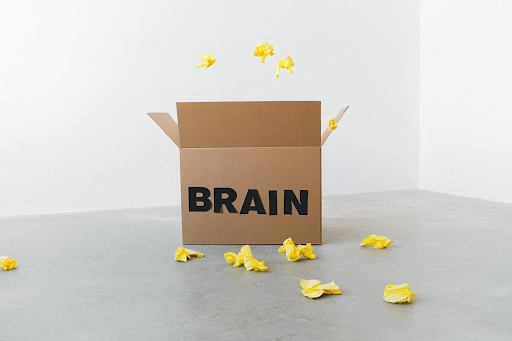Have you ever found yourself laying in bed, wide awake at 2 am, with your mind racing? We know how frustrating that can be. Sleep plays a vital role in how you function throughout the day, and if you aren’t getting enough of it, you could be paying the price. Your inability to fall asleep or stay asleep could be for a number of reasons, but if you find yourself with a racing mind that won’t settle down when it’s time for bed, it may be caused by:
- Stress in your personal or professional life
- Caffeine or medication in your system
- Creative flow of ideas
Unfortunately, whatever the reason for your racing mind, there isn’t an on and off switch for your brain. Instead, ApneaMed will walk you through a few tactics you can employ to turn off your racing mind and promote better sleep.
Unplug from Electronic Devices
One of the easiest changes you can make to your bedtime routine is to stop using any electronic devices at least 30 minutes before going to bed. Whether you find yourself scrolling endlessly on your phone, tablet, or laptop, or catching up on the latest episode on television, the light from these electronic screens can disrupt your body’s melatonin production, making it harder to sleep.
These electronic devices may also heighten your anxiety and stress, which will make it more difficult for you to turn off a racing mind. To promote a restful night’s sleep, try turning off your electronic devices at least 30 minutes before bed (but an hour or two is ideal!).
Follow a Consistent Sleep Schedule
The more structured you can make your sleep schedule, the easier it will be for your body to recognize that it’s time for some shuteye. If you find yourself going to bed at different times each night and staying up extremely late on the weekend, you're not doing your circadian cycle any favors.
To ensure your mind turns off as you close your eyes for the night, your brain needs to be tired and ready for bed. Follow a consistent sleep schedule where you go to bed at the same time each night and wake up at the same time each morning.
Write Out a To-Do List
If you find that you’re struggling to fall asleep because you’re stressed or anxious about the day ahead, it can be beneficial to face the day head on. A few hours before you’re ready to sleep, write out your to-do list for the next day to help alleviate some of the stress of the unknown. Positively focusing on your tasks will allow your mind to rest, knowing that you have your day sorted out.
Create a Relaxing Atmosphere
Does your bedroom promote restful sleep? Before heading to bed, turn down your thermostat to a more comfortable temperature that promotes deep sleep. You may even consider using essential oils in the room, wafting scents like lavender throughout the air. Lavender is associated with improved sleep due to its calming effects on an individual’s heart rate, blood pressure, and overall mood — allowing you to fall into a deeper slumber.
Perform 4-7-8 Breathing
To reach deep sleep, your heart rate needs to slow down, and your mind needs to turn off. One of the most effective ways to do this is utilizing breathing techniques proven to slow down one’s heart rate. Try the 4-7-8 breathing method, where you inhale for a count of four, hold the breath for seven counts, and release the breath for eight counts. Repeat this breathing cadence at least five times for optimal results.
Still Struggling to Get a Good Night’s Sleep?
If you’re still struggling to get a good night’s sleep, take ApneaMed’s home sleep study to test for obstructive sleep apnea. A board-certified sleep physician will review your results and provide a recommended treatment plan. ApneaMed can supply the breathing machine you need.

